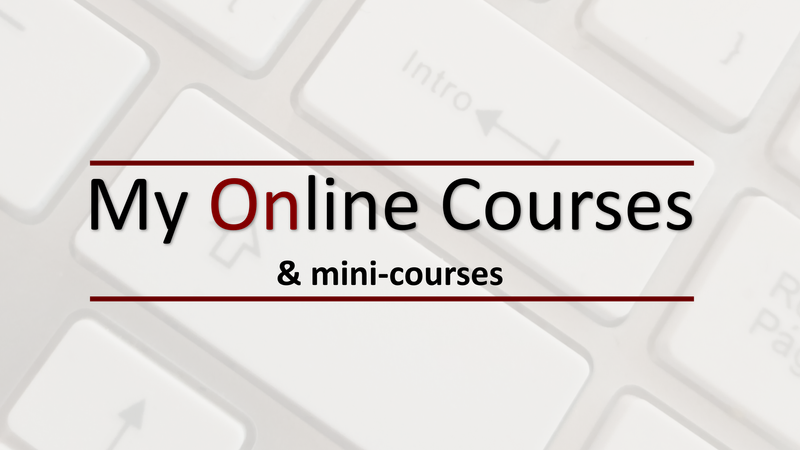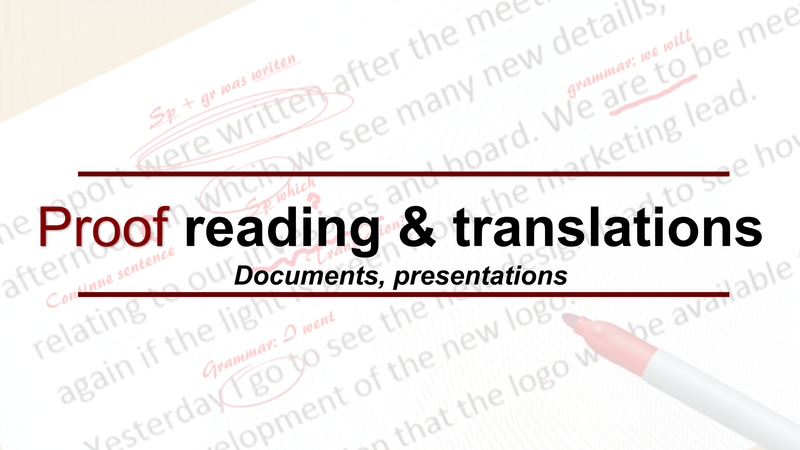This is a blog for learners and teachers. Learners should not feel bad if this takes a while and teachers should not tell students to "think in English!" and expect that to make everything ok :) Thinking in English is a process that takes time.

Thinking in English
So, how long does it take until you can think in English? Well, how long is a piece of string?
The answer to both questions is….it depends.
It takes time to acquire the ability and that time varies from person to person. It is a process. In fact, I would even suggest that the objective is not to think in English, but to not be aware you are thinking at all.
In this blog I am going to talk about how thinking in English is achieved through speaking and what you can do to train your brain to think in English when reading and writing.
Speaking and thinking in English
“…you have repeated those answers so many times…”
If I ask you the following basic questions:
How are you?
What’s your name?
Where are you from?
What’s your job?
I am sure your answers would be instant. You would not be aware of the “thinking process”. This is because you have answered those questions and you have repeated those answers so many times since you started learning English. They have become interiorised, automatic. Your brain recognises the questions and can transmit the answer to your vocal cords with no delay.
I am sure at some point you have heard an English teacher say: “Think in English” or “Don’t translate”.
Both messages are valid, of course, but it is not as easy in practice. Translating, for example, is a completely natural process and until we are really familiar with sets of expression, subject matter, vocabulary, and grammar, some translation is to be expected. You cannot just switch translations off.
Learners tend to want to have an exact translation for new words and expressions. This is not always possible as your language base is likely completely different.
However, you can train yourself to be less dependent on translations.
When taking notes of new words and expressions, it is a much better practice to do so in English too. This helps you become less dependent on translations and gets you into the habit of thinking of explanations in English.
If you do translate, remember to look for something that is the equivalent in your language, with the same overall meaning even if it does not translate word for word.
For example, if you translated, word for word, this typical English expression for torrential rain into your language, I’m sure it would be lost in translation: “It was raining cats and dogs!”
As I mentioned, the ability to think in English without the need to translate, is a process and it takes time. This is true of any language, and many EFL teachers are learners of a second language themselves, so they do appreciate this.
We also make associations with situations and places and the language we use. I live in Spain and whenever I go to the supermarket, I speak in Spanish to the staff there. Then, when I find myself in a supermarket back in the UK, I often say “gracias” instead of “thanks”. This is because I have associated the language or a set of expressions with a situation or place.
So, repetition and familiar situations and subjects will help for speaking. But how else can you help yourself to start thinking in English?
One way is through reading.
Reading and thinking in English
“..Don’t stop every time you find a word you don’t know..”
There are two points I would like to focus on when talking about reading in English.
The first is reading for context. This is something I discuss in one of my podcast lessons and I recommend you give it a listen.
To summarise, I always recommend continuous reading. Don’t stop every time you find a word you don’t know. A lot of people do this. They stop and look up the meaning of an unknown word. This may sound like a good way of learning something new, but it breaks the brain’s natural learning process. Keep reading. In most cases, the meaning of the word will become apparent through context and this is, in fact, a more effective way of retaining the new word in memory.
As you read the first page, or pages, you may feel you haven’t understood much (or anything), but as you continue to read, things will start to make sense. A picture or story will start to form in your mind. While you read, your brain is stitching together words and sentences, adjectives, verbs, nouns, tenses, etc…. and you realise that, almost by magic, you understand the story or article.
It really works!
Now, the second point to mention regarding reading and thinking in English is “reading out loud”.
Grab a book, a blog, news article, whatever you prefer and start reading it out loud to yourself, but don’t stop until you finish it, or you finish a chosen section. When you finish, if you have understood what you have read, then it is a clear indication that you have been thinking in English (or subliminally understanding at least 😊.)
It works better when you read out loud than in your head and it also allows you to practice your pronunciation too.
This is an activity you can put into practice immediately and the more you do this, the faster the learning process gets.
What else can you do? Well, what about writing?
Writing and thinking in English
“...If you are checking your writing, you are thinking..”
For many English learners, writing is the preferred form of communication. It can be more comfortable as we usually have more time to think than we do when speaking. You also have time to review what you have written; to make changes if necessary. You can ask yourself if your text reads naturally and sounds English? Does it translate too easily into your language? If it does, maybe you have translated things too directly and need to apply some changes.
There are things to check when writing, like spelling, the use of pronouns, the correct form of the verb, the level of formality, etc… If you are checking your writing, you are thinking 😊
And another great activity, if you have time, is to try to think of alternative ways of expressing the same idea.
Here is an example sentence with various alternatives:
The sales dropped last month but we are now seeing an increase.
After a drop in sales last month, we are now seeing an increase.
After a drop last month, we are now seeing an increase in sales.
Sales are improving this month compared to last month.
We have seen improvements in the sales figures since last month.
Despite a decrease in sales in the previous month, we are seeing positive results now.
I could keep going….
Each time you look for alternatives you are training your brain to think in English.
So, when a teacher tells you to think in English or stop translating, these are the ideas behind those words 😊. And for teachers, be aware of all the processes involved in turning your “recommendations” into a reality 😊
It is a process, but there are ways you can help yourself. And then, one day, if it has not already happened, you will wake up in the morning and realise you even had a dream in English😊
Let me know in the comments if you feel these tips have been useful and have worked for you, or if you have other suggestions to share with other learners.
Go practise thinking in English





